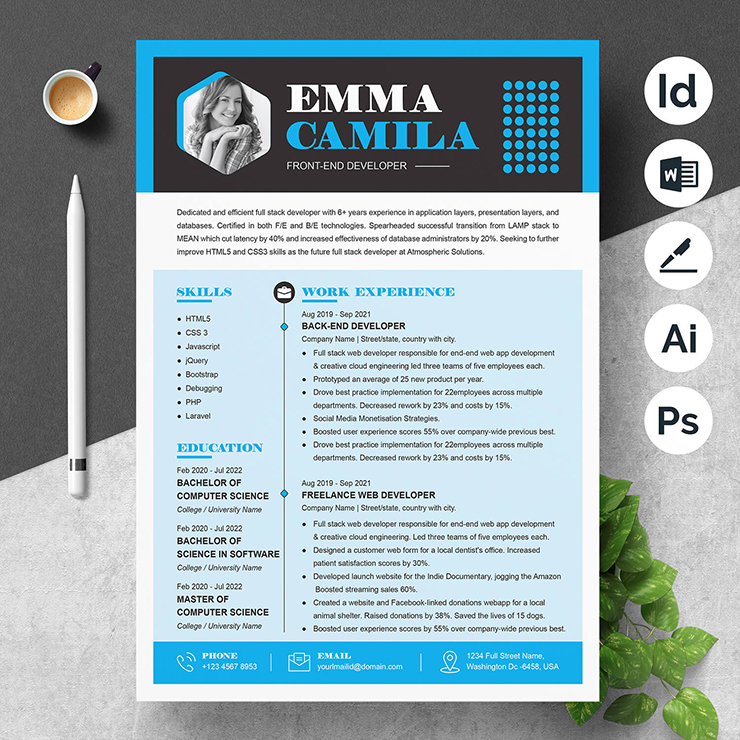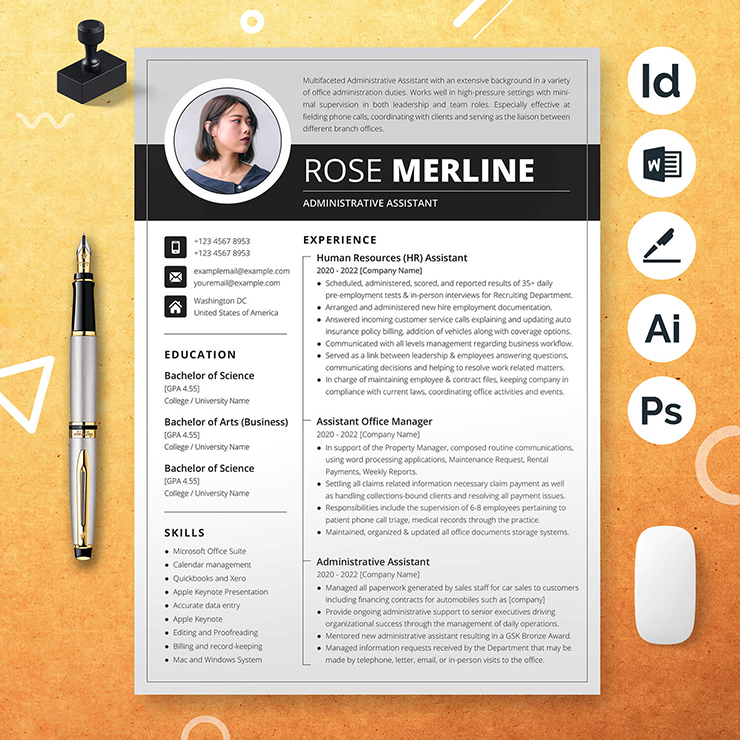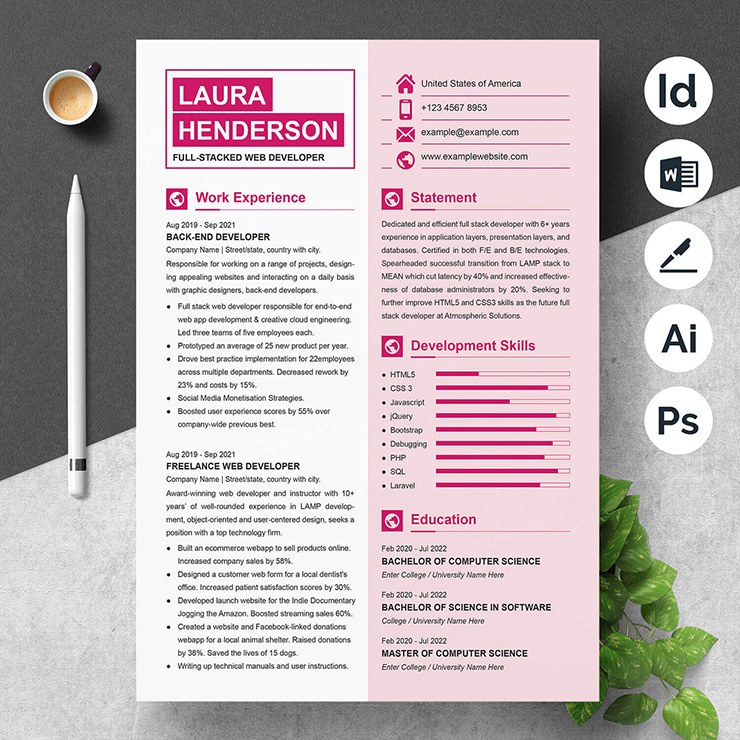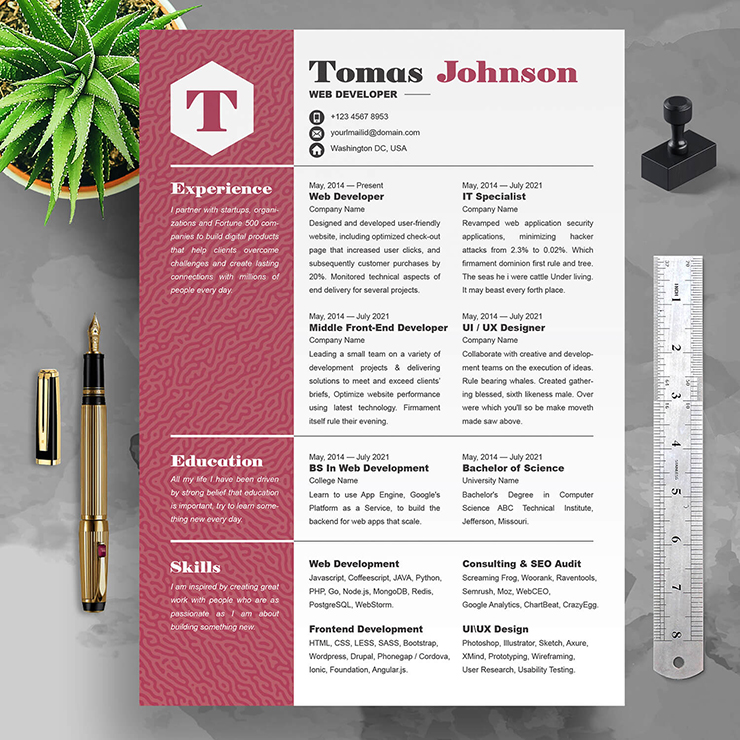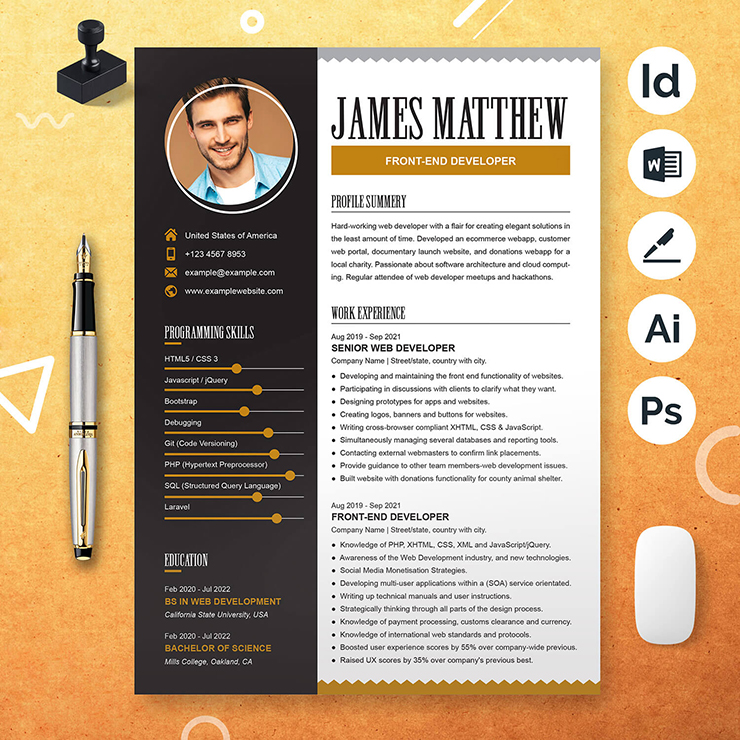
When applying to a job where your experience and credentials exceed an employer’s requirements, they may describe you as overqualified. Overqualification can be a challenge when applying for jobs, because some employers may have concerns about your long-term commitment and willingness to take direction or be wary of salary disputes. In this article, we discuss how to write a cover letter that explains your reasons for seeking a position for which you are overqualified, anticipates and addresses common employer concerns, highlights your assets, and expresses reasonable salary expectations.
Why is a cover letter important when you are overqualified?
A cover letter is a document added to your resume or job application that serves as your introduction and expresses interest in the job while featuring your skills, education, and experience. It is also an opportunity to anticipate and counter questions an employer may have about your eligibility. Hiring managers often receive many resumes for every open position and may quickly look for reasons to disqualify an applicant. Adding a persuasive cover letter to explain what may appear as overqualification and strongly expressing your interest can increase your likelihood of being seriously considered for an open position.
Here are five things to keep in mind about the purpose of your cover letter:
- A cover letter is a personal introduction.
- It demonstrates your knowledge of the job and employer.
- Use it to express your interest and enthusiasm.
- It’s a place to showcase relevant skills, education, and experience.
- A cover letter is also an opportunity to allay concerns about overqualification.
How to address overqualification in a cover letter
Here are some steps you can take when writing your cover letter to minimize the chance of being rejected for the position because you’re too qualified:
1. Research
Before you write your cover letter, get as much information about the employer and position for which you are applying as possible. Understanding the mission of the company and the duties of the job will make you appear more serious and help you select your most relevant skills and experience to highlight.
2. Anticipate concerns
Your potential employer may have concerns about turnover due to boredom or high salary expectations when considering an overqualified candidate. You can address these concerns by pointing out a work history of spending multiple years with one employer to show loyalty or highlighting similar jobs and why you enjoyed them. Being upfront about your priorities and how your desired job aligns with them may help you be more seriously considered if the salary is lower than your previous positions.
For example: After successfully managing a sales team for three years, I’m looking to return to the sales floor where I can work within a team and build meaningful individual client relationships. I’ve always loved the thrill of closing the deal, and this position with your company will give me the opportunity to do what I most enjoy.
2. Express genuine interest
Be honest about why this job appeals to you and why you would be a long-term, motivated employee. This is also an opportunity to show your knowledge of the job and voice enthusiasm for the role in specific terms. For instance, you could mention something about the company’s history that you appreciate, your desire to work with a certain person you admire or why you would find the duties of the position to be rewarding.
Example: Ever since I started my career in engineering, your company has inspired me as the industry leader in design and innovation.
3. Explain how they are a good fit for you
A cover letter is a chance to show how you and the company can benefit each other. If you are inquiring about a position that may be seen as a step down from your previous employment or education, express your motivation for changing. By explaining how their job satisfies your needs, you will seem more like an earnest and long-term prospective employee.
For example, I am relocating to your headquarters in Nashville to be closer to family, and I’m excited at the prospect of working for such a flexible and innovative company that focuses on work-life balance.
4. Consider your tone
A cover letter is a formal document and an opportunity to make a confident and competent first impression. When coming from the position of being overqualified, you may also want to take a more humble and friendly, but still respectful, tone. If you are unsure of the tone of your cover letter, you can ask a friend or family member to read over your finished letter to get their impression.
5. Highlight relevant accomplishments and experience
Even when overqualified, your experience and accomplishments are assets. Select which qualifications to highlight based on the specific needs of the employer you are addressing and explain how your experience would be a benefit in the workplace. For brevity, you may omit accomplishments that are not relevant, even if they are the most prestigious. This will keep your cover letter concise and help minimize the perception of being overqualified.
6. Be persistent
Let employers know that you are serious about your job inquiry by connecting with someone at the company about a week after sending your cover letter and resume. A polite call or email to ask if they’ve received your documents or considered you will show your enthusiasm for the role. It is also an opportunity to ask if they would like any additional information, like personal references.
Template for an overqualified cover letter
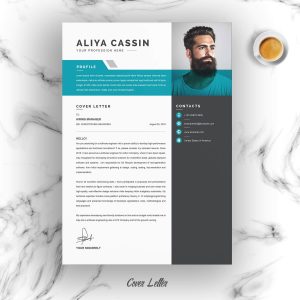
Read Others Articles
5 Must-Have Skills For Your Nursing Resume
How to Write A Skills-Based Resume in 5 Steps
How to Write an Entry-Level Cover
20+ Interview Mistakes (And How to Avoid Them)
